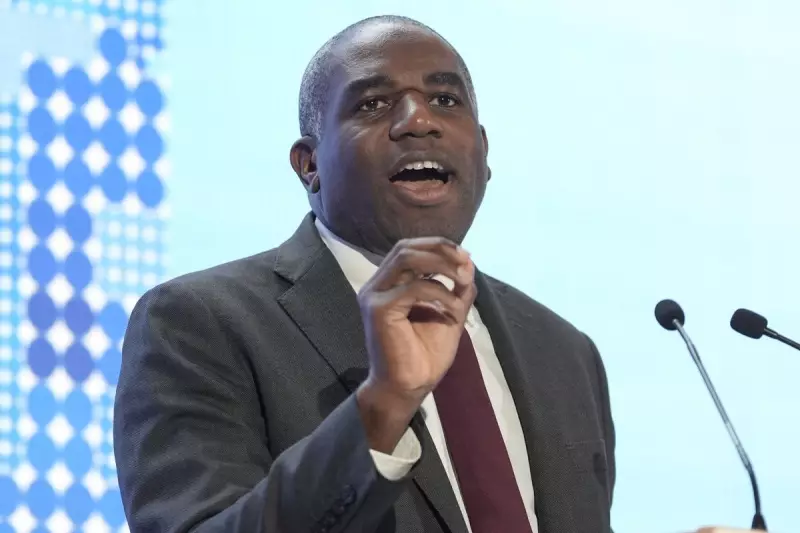
In a surprising political development, Shadow Foreign Secretary David Lammy has been revealed as the Labour Party's designated stand-in for Deputy Prime Minister duties during significant government absences. This revelation comes as part of Labour's meticulous preparations for potential governance, showcasing their commitment to maintaining governmental continuity.
Whitehall Preparations Unveiled
Labour's strategic planning extends beyond the public eye, with detailed arrangements for ministerial responsibilities during periods when key figures like Angela Rayner might be unavailable. Lammy's designation as the temporary Deputy PM underscores his senior status within the shadow cabinet and reflects the party's comprehensive approach to potential governance.
The Tottenham MP's elevation to this crucial role demonstrates the confidence party leadership places in his political judgement and administrative capabilities. This move positions Lammy as a central figure in Labour's contingency planning, highlighting his importance beyond his current foreign affairs portfolio.
Constitutional Implications
This pre-emptive structuring of ministerial responsibilities reveals Labour's serious approach to potential government formation. The careful consideration of succession planning and ministerial coverage suggests a party determined to avoid any perception of unpreparedness should they assume power.
The arrangement ensures that critical government functions would continue uninterrupted, addressing potential concerns about political stability during ministerial absences. This level of detailed preparation is unusual for an opposition party and signals Labour's determination to present themselves as government-ready.
Political Reactions and Analysis
Political commentators have noted the significance of Lammy's selection for this pivotal role. His experience as both a backbencher and frontbencher, combined with his legal background, makes him a natural choice for such responsibilities. The move also reinforces his position as one of Labour's most trusted senior figures.
This development comes amid ongoing speculation about Labour's shadow cabinet structure and how it might translate into actual government roles. Lammy's temporary deputy PM designation adds another layer to the complex web of potential ministerial appointments awaiting a Labour government.
The revelation provides valuable insight into Labour's operational planning and their commitment to ensuring smooth governmental transitions, should the opportunity arise following the next general election.





